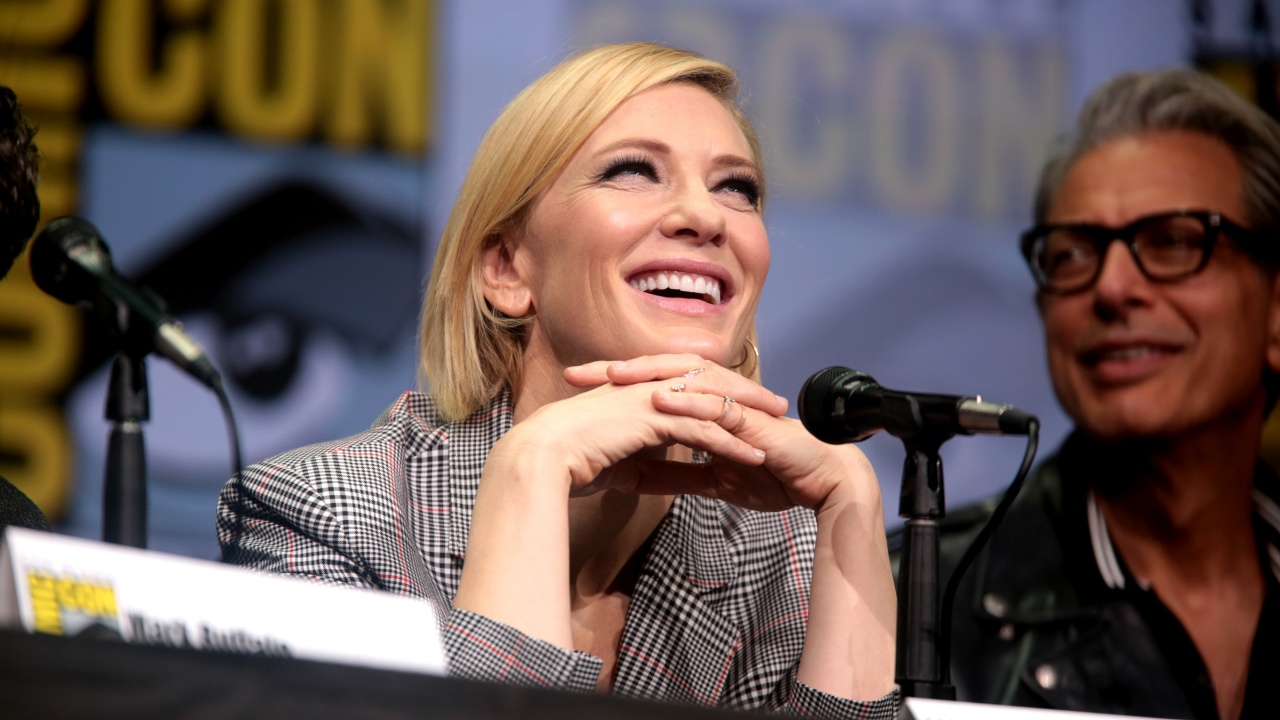The habit of binge watching, that is, watching all the episodes of a series in a row, gave us a glimpse of the direction that was being taken: to regard seriality as a kind of “extended version” of a movie. The migration of screenwriters and authors from film to television since the 2000s was also a clue. The presence of ‘star’ casts, moreover, further affected this process, changing the perception of TV series as a ‘low’ form of entertainment, compared to cinema, which is still defined as an art. Then, along comes the miniseries Disclaimer, written and directed by Alfonso Cuarón and the line between the two narrative forms is totally blurred .
Premiered at the 81st Venice International Film Festival, the series’ seven episodes feature Cate Blanchett, a journalist whose past may be revealed. Surrounding this threat is the story, “written for television and directed by Alfonso Cuarón,” so reads the synopsis from Apple +, which distributes it. Even that sounds a bit like a disclaimer, a sort of disclaimer, if it then sounds like anything else. But that’s just to confuse us further. As badtaste.co.uk reports, Cuarón reached by Deadline reporter Baz Bamigboye admitted that the series is actually “already a seven-hour film and that he has been thinking a lot about how he can make it eligible for the Oscars, but he hasn’t found an answer
Then again, in the Mexican director’s filmography his familiarity with both forms-film and television-is evident, both as director, screenwriter, editor and cinematographer. A baroque artist, we might judge, in his unified conception of genres, interweaving visual and narrative relationships, and making the distinction dissolve. Perhaps we are facing a new genre.
Photo Credits: Gage Skidmore from Peoria, AZ, United States of America, CC BY-SA 2.0 <https://creativecommons.org/licenses/by-sa/2.0>, via Wikimedia Commons

